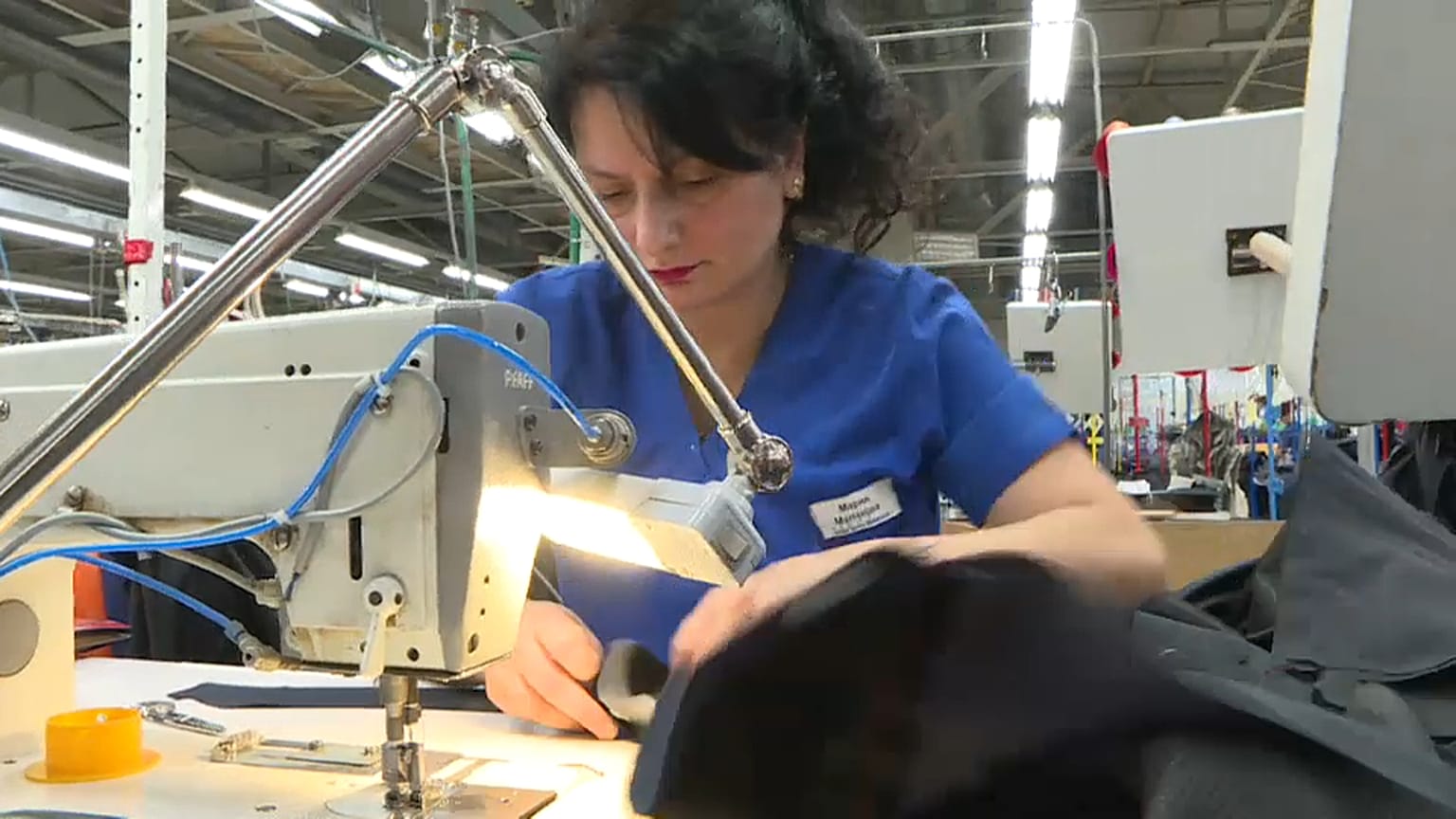It found that the pandemic has had a more negative impact on women than men. Not only have women lost their jobs at higher rates, but they are also being hired at a slower pace.
Closing the global gender gap will now take more than 130 years, according to a report by the World Economic Forum.
That's an extra 36 years and a direct result of the impact of the pandemic, the study says.
It found that the pandemic has had a more negative impact on women than men. Not only have women lost their jobs at higher rates, but they are also being hired at a slower pace.
Five per cent of all employed women lost their jobs during the health crisis, compared with 3.9% of employed men.
It found that 41% of professionals in senior positions are women. And that the “glass ceiling” persists in some of the most advanced economies, including in the US, the UK, Italy and the Netherlands.
"Preliminary evidence suggests that the health emergency and the related economic downturn have impacted women more severely than men, partially re-opening gaps that had already been closed," the report said.
Saadia Zahidi, the WEF Managing Director, said: "There has been a downward shift in terms of the progress that was previously being made on political empowerment of women, particularly in some of the largest economies."















